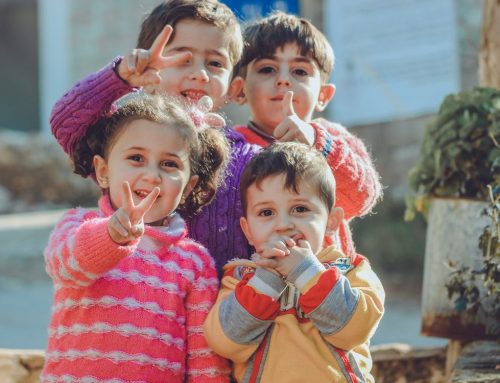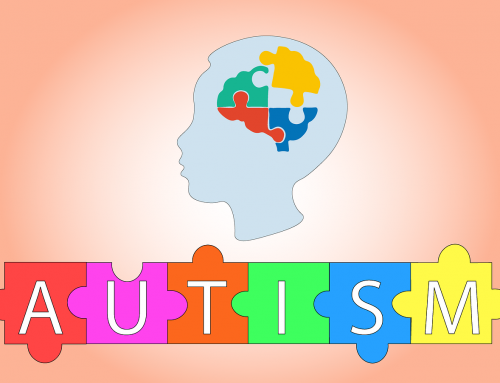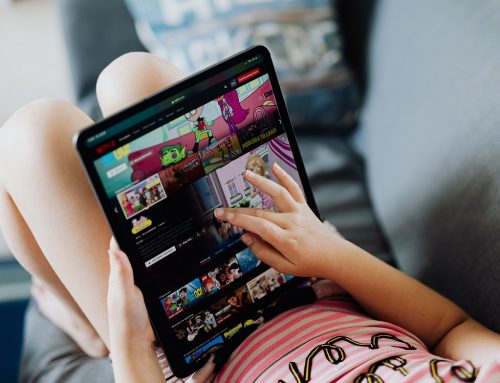“Let it be. Baccha hai.”
Back when he was younger, whenever my son was rude or threw a tantrum, I was fed the above line. Family members, neighbours, even strangers in the park… everyone thought it was acceptable for my child to misbehave. On other occasions, people thought it was absolutely fine to ply my child with as much chocolate or biscuits as he wanted. Never mind if he hasn’t asked for it, or even said, ‘please’ or ‘thank you’. EveryoneEveryon indulged him as if he were a little prince. He didn’t have to lift a finger if he didn’t want to. After all, adults are meant to be subservient to kids (cue eye roll).
It was an irony-riddled conspiracy. Everyone claims the next generation is spoilt, lazy and apathetic, yet everyone seems to have a part to play in this. I realised that if I wanted an empathetic child, it was up to me to do something about it. And I better start right away.. It’s also an ongoing process. After all, children are pre-programmed to think of themselves as the centre of the universe. It’s up to us to teach them a little humility and compassion. Of course, along the way, you’ll earn the tag of a ‘strict’ parent. But if you want a conscientious child, you’ll have to put in the work.
I remind myself I am not raising little maharajas here
I don’t care how tired my son claims he is. Or how vigorous tennis practice was that particular day. When he comes home, his shoes belong in the shoe rack. Not on my sofa. Not on top of the table. When my daughter is thirsty, she expects me to drop everything and tend to her parched throat. No such luck. If she wants water, she needs to get to the kitchen and request it politely. My kids need to know that life doesn’t start and end with them. They are a part of a much bigger picture, and they need to do their bit and fit into the role required of them.
My kids contribute to the housework
When my kid drops water on the floor, he is expected to clean up that mess and consciously avoid another spillage. However, this raises many eyebrows around me. I’ve heard people mutter under their breath, how my son ‘shouldn’t have to hold a broom’, or how can a mother expect a small child to do menial tasks? I’m not asking my kid to re-plaster walls here. I’m enabling them to be self-sufficient. And the thing is, most kids LOVE housework. They feel like adults when doing it. Whether they’re helping the cook make little Africa-shaped rotis, or helping me load the washing machine, my two little helpers truly enjoy contributing to the household chores.
I ensure the maids don’t overindulge my kids
Most nannies and maids feel that in order to do their job properly, they must coddle the child until he loses all ability to fend for himself. When my nanny first arrived, she fed my son, washed his hands and face, put his socks on and carried him to the park. On her day off, my son performed every task by himself. He was perfectly capable but was denied the opportunity. I had to reprogram my helpers. Teach them to instruct and guide, but not to serve my kids all the time. I also encourage my nanny to make my son do the small jobs. She was initially scandalised but eventually consented to a little assistant who dried plates after she washed them.
Reminder to self – Kids are learning by observing
It’s easy to lecture kids on what they should do. But it’s more effective if you lead by example. My husband and I realised that our kids tend to imitate our behaviour.
If I want my son to clean up after himself, I make sure he sees me do the same. If I want my kids to focus on eating healthy, I ensure there is no junk food in the house and that I eat everything they eat. And if I want my kids to develop good manners, they need to see me say, ‘please’ and ‘thank you’ as often as possible. The more they observe my behaviour, the more likely they are to follow it.
My kids learn a little about the world every day
I don’t want my kids to live in a small, privileged bubble. Whether it’s politics, the environment or the differences in the social class system, I try to open my child’s mind a little bit every day. For instance, when he was forcing another child to play with him, I had a small talk about consent. When he started demanding a never-ending list of toys for his birthday, I directed the conversation towards less fortunate children. These discussions make him more aware of the world around him.
My son learnt about conserving electricity, the dangers of fossil fuels and the benefits of recycling in school. I kept the discussion going at home and today, he is a huge advocate for the environment. He doesn’t leave the house without checking if all the switches are off. He insists we segregate our waste and recycle as much as possible. He also prefers to use the stairs instead of the elevator! His earnestness gives me hope for the future.
I always keep the dialogue open
Kids hear and learn things from other people that may need correction. There is so much wrong information floating about. Other children pass off opinion as facts. It’s important to be the voice of reason during this confusing time. When my son came home one day and used a four-letter letter word, I was initially quite shocked. But on a closer look at his innocent face, I knew he was just parroting something he heard from other kids. My first reaction was to scold. But instead, I took a deep breath and explained that certain words are intended to hurt and belittle others. And by using them, he would be in the wrong. He asked many questions, but in the end, he understood and moved on. I want him to come back to me the next time he learns something inappropriate. I don’t want him to hide from me. Hopefully, by keeping an open mind, he feels comfortable enough to share, and I can appropriately guide him.
Conclusion
In India, we raise kids as though they are little godsGods. They are not. They are our future. The future needs kind, conscientious and empathetic individuals. We need to mould them and shape them into the change we want to see in the world. Little steps and little actions can lead to a large butterfly effect. And your child will grow into a conscientious adult.






I relate to this so well. We live with my in-laws and every time he misbehaves, they will immediately say, he is afterall our little prince. Most of the time one or both parents are left to explain the do’s and don’ts while rest of the household works to undo it. I am definitely forwarding this to my in-laws
Absolutely bang on! Kids dont need to be treated like kings or given everything they want…We need to teach them and correct their mistakes as well. Correcting them doesnt mean you yell or scold, but explain well enough for them to get it. But not saying anything to the kid is more detrimental than doing any good to the child.
Beautiful write up. Loved the article.
Keep posting.
Thank you Aditi 🙂